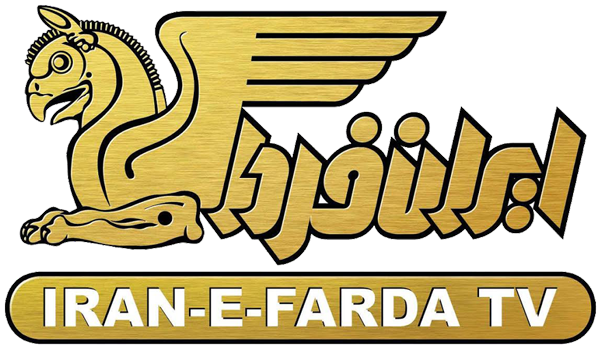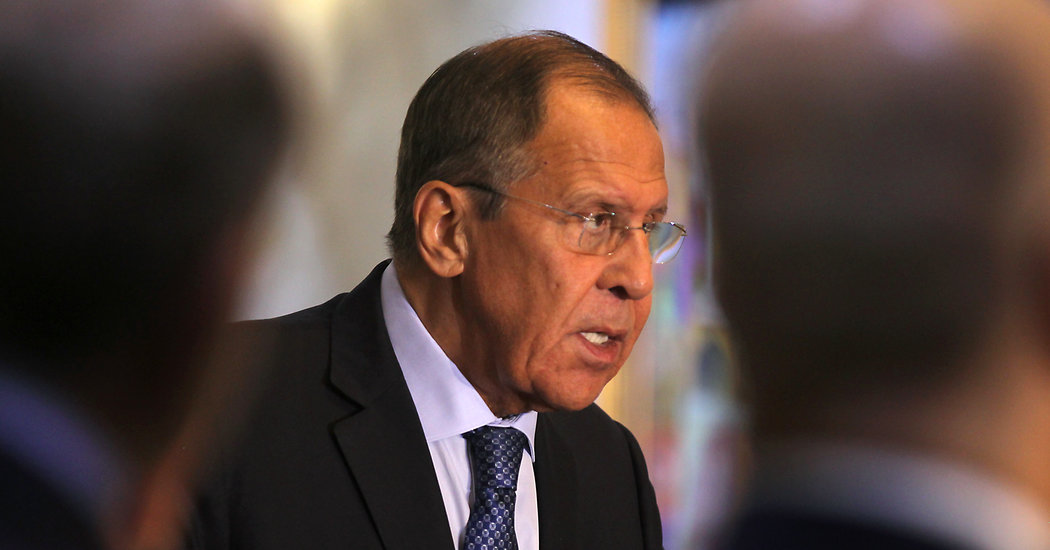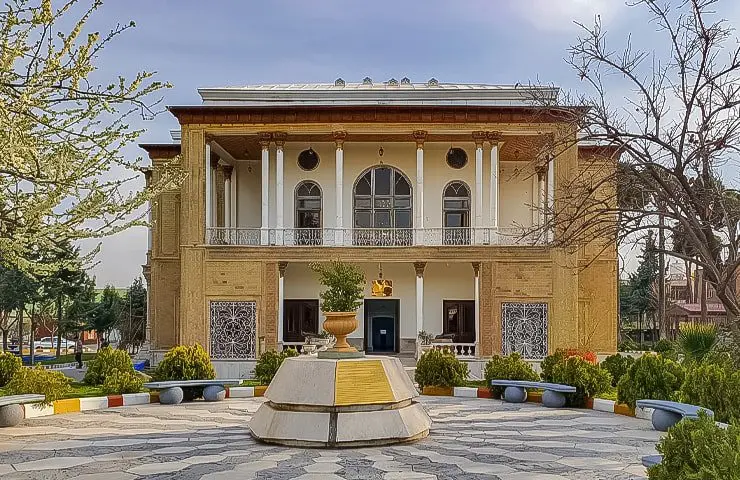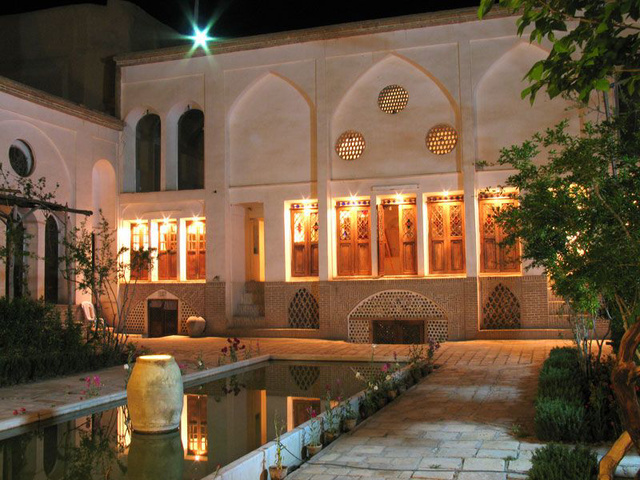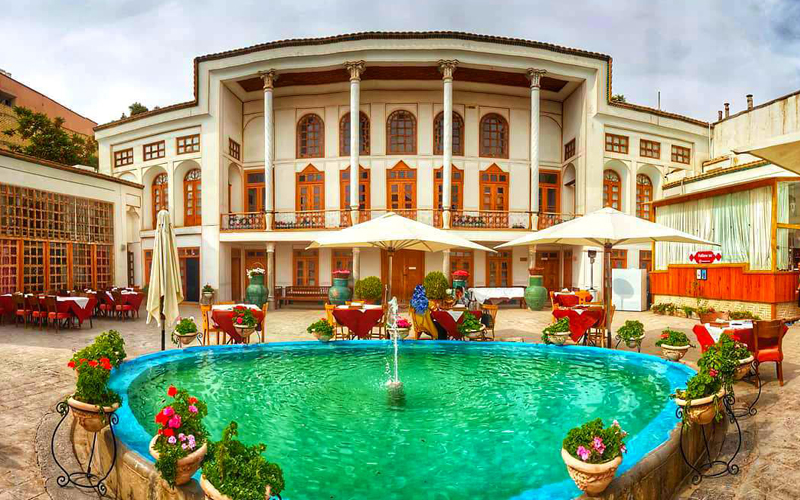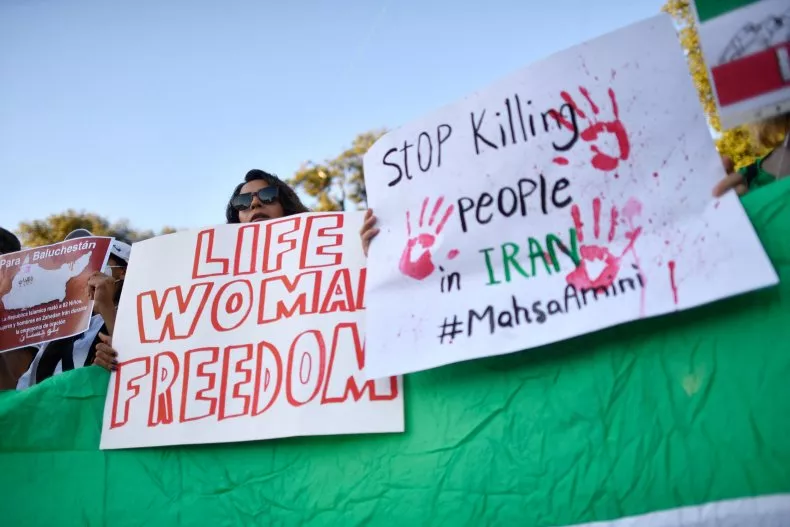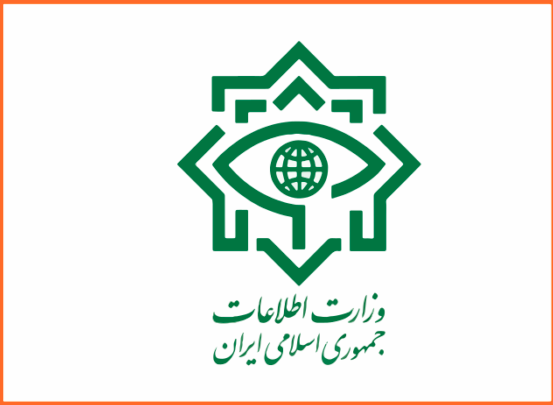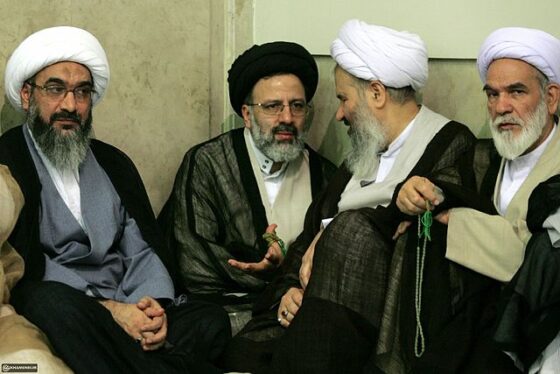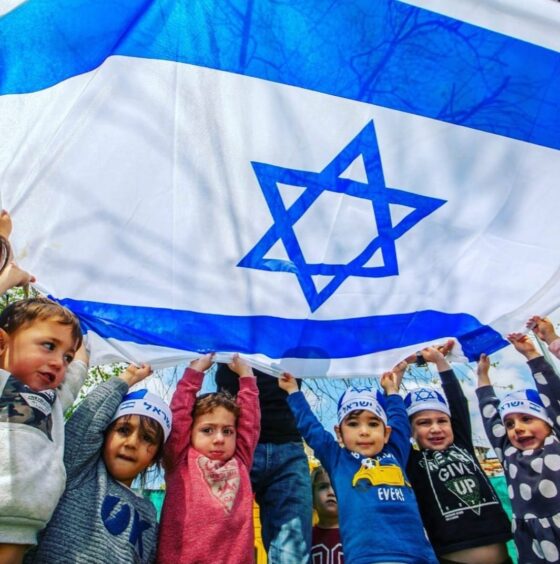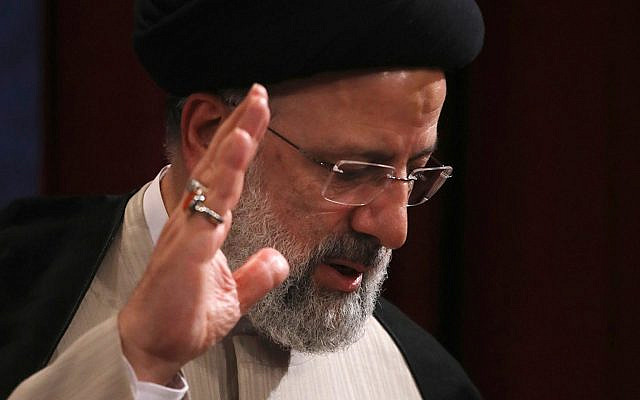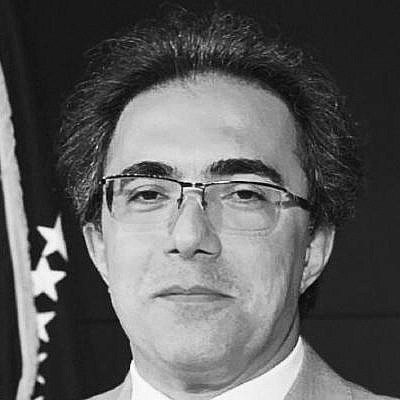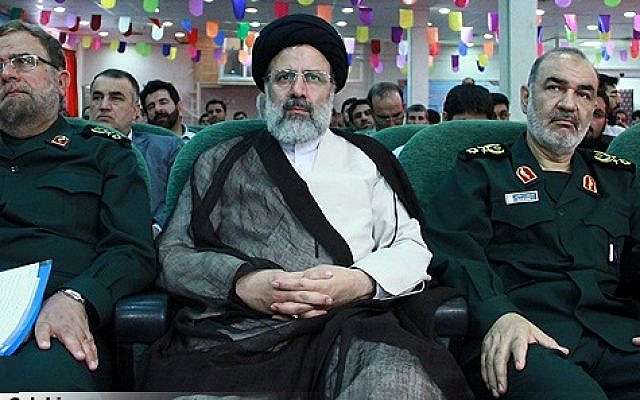WASHINGTON — The last time President Trump met in the Oval Office with Sergey V. Lavrov, the Russian foreign minister, it did not go so well.
Mr. Trump had just fired James B. Comey, the F.B.I. director, and exulted about the move to Russia’s top diplomat. Then he told Mr. Lavrov and Sergey I. Kislyak, who then was finishing a tour as Russia’s ambassador to Washington, about the penetration of an Islamic State group working to make explosives that fooled airport X-ray machines by looking like batteries for laptop computers. That disclosure blew an important intelligence source for Israel, which had kept its operation to get inside ISIS a secret — and was outraged by Mr. Trump’s indiscretion.
Now, at the very moment the maelstrom around the Trump campaign’s contacts with Russians in the 2016 election is being revisited by the inspector general of the Justice Department, Mr. Lavrov is back. The Kremlin said its foreign minister has plans to meet with Mr. Trump on Tuesday in addition to talks with Secretary of State Mike Pompeo.
Late Monday, the White House confirmed an Oval Office meeting between Mr. Trump and Mr. Lavrov for Tuesday afternoon. Considerable evidence suggests any conversation with Mr. Lavrov would include the last major nuclear arms control treaty still in force between the United States and Russia: the Obama-era New START treaty, which in recent days President Vladimir V. Putin of Russia has said he wants to extend for another five years.
In any other presidency that would seem uncontroversial. Democrats and Republicans on Capitol Hill have largely agreed that extending the accord would be good, avoiding a nuclear arms race at a time of heightened tension with Mr. Putin’s government over Ukraine, Crimea and Russia’s efforts to manipulate American elections.
The treaty, which is set to expire in February 2021, right after the next presidential inauguration, limits both sides to around 1,550 deployed strategic nuclear weapons, though that leaves out smaller tactical weapons and does not cover a range of other non-nuclear weaponry that can wreak havoc.
The result is that Mr. Trump, until recently, has dismissed the agreement as a “one-sided deal,” and a failure by President Barack Obama. He has complained that it fails to cover all of Russia’s arsenal — and, moreover, does nothing to control China’s nuclear ambitions. At the same time, Mr. Trump has said he wants to avoid a nuclear arms race, even as Russia is developing at least five new kinds of delivery vehicles for its weapons, and the United States is revitalizing its nuclear arsenal.
At a NATO meeting last week, Mr. Trump revealed that he had been speaking with Mr. Putin about an extension of the treaty — something the White House had never mentioned in its descriptions of phone calls and meetings between the two leaders.
If Mr. Trump can pull off an extension, it would be the first diplomatic breakthrough of his presidency with Russia, and could arrive at a moment that he is desperate for some kind of diplomatic win — with North Korea, Iran or Russia — to trumpet during the presidential campaign.
“With respect to nuclear weapons, I’ve spoken to President Putin, and I’ve communicated with him,” Mr. Trump said. “He very much wants to, and so do we want to, work out a treaty of some kind on nuclear weapons that will probably then include China at some point.” His comments seemed to suggest for the first time that he might seek an extension with Russia and then attempt to persuade Beijing to come into the agreement later.
By most accounts, the Chinese arsenal is about 300 weapons that would be covered by the treaty, one-fifth the size of the deployed American and Russian arsenals. That “minimum deterrent” has enabled Chinese leaders to avoid an arms race.
Mr. Trump has insisted that the Chinese are “excited” about an arms deal.
At least publicly, though, Chinese officials have indicated they have no interest, and that in any case the United States and Russia would either have to slash their arsenals to Chinese levels — not remotely likely — or let China build up to Russian and American levels, which does not seem to be what Mr. Trump has in mind.
